The easily digestible diet is based on the avoidance of spicy, sour, smoked and fried foods. However, in an easily digestible diet, the amount of fiber should be limited, but the food should not be too plentiful. Just eat 5-6 times a day, and consume the last meal no later than two hours before bedtime.
- wheat flour and potato starch;
- rice, semolina and corn;
- noodles and dumplings;
- light and stale bread;
- crackers and cookies;
- kefir and yogurt;
- skimmed milk;
- sweet sour cream;
- cottage cheese, homogenized cheeses;
- raw butter;
- soybean and sunflower oil;
- olive oil;
- scrambled eggs;
- delicate sauces;
- boiled vegetables;
- baked or grated apples;
- fruit and vegetable juices (without preservatives);
- sugar and honey;
- jelly and kissels;
- soup cooked on vegetables and skinny meat,
- lean meat and sausages,
- soft spices;
- weak tea and Bavarian;
- herbal teas.
The basis of an easily digestible diet are lean foods, with a mild taste, without a lot of spices. The diet should be limited in fiber. It is recommended to consume lean meat and fish (for example, chicken, turkey, veal, cod, trout, pollock). From dairy products, you should choose skim milk, yogurt, cottage cheese. Choose from fats vegetable oils e.g. olive oil or canola oil, sunflower oil, linseed oil. Fruits and vegetables are best eaten chopped, steamed, peeled, after the seed nests have been carefully removed. From the liquid, pure water, weak tea, herbal infusions or fresh fruit and vegetable juices are recommended. When using an easily digestible diet, it is worth monitoring your body in order to exclude the negative impact of specific products.
Foods prohibited in the easy-to-digest diet
An easily digestible diet is used in many diseases of the gastrointestinal tract. It also has preventive properties.
In a digestible diet, the amount of fiber is limited to 25 g per day. In addition, dishes should be small in volume.
to the products which should be avoided, include: wholemeal bread, pies, flour dishes, such as pancakes, dumplings, dumplings, cakes, fried foods, soups made from bones, fatty meat, fish or mushrooms, hot spices, such as pepper, paprika, curry, mustard , fatty meats and smoked products, lard, hard cheeses, fried potatoes, french fries and hash browns, as well as beans, cabbage, onions, garlic, fresh and pickled cucumbers, lentils, soybeans, sour and unripe fruits, sweets, alcohol, carbonated drinks, coffee, strong tea and cocoa.
Of the proven dishes, one should name applesauce, which has a good effect on the stomach, as well as vegetable soup, poultry meatballs, fruit compote.
For dessert, you can eat low-calorie fruit jelly.
When to use an easily digestible diet
An easily digestible diet after appendectomy is a must, however, this does not mean that healthy people cannot follow it.
Indications for an easily digestible diet are also peptic ulcer, inflammation of the stomach, fever, and diseases of the biliary tract and liver.
Everyone can see the benefits that an easily digestible diet brings. It does not require many sacrifices, and its beneficial effect on the gastrointestinal tract is undeniable, and "the game is worth all the candles."
Easily digestible foods are foods high in insoluble fiber and low in fat. Green vegetables and fruits, such as watermelon and banana, are often recommended for people with a weakened digestive system.
What can I do to make food digest quickly? Dietary advice:
To speed up digestion, it is always good to follow a vegetarian diet.
People with digestive problems need to pay more attention to foods that do not burden the stomach. When the body loses the ability to properly digest food, it is time for dietary changes. For example, making a medical diagnosis such as gastroenteritis requires a person to be extremely careful when it comes to food choices. In such cases, the availability of fast-digesting foods can go a long way towards effectively alleviating digestive problems.
Easily digestible food
Foods that are good sources of soluble and insoluble fiber easily digestible. Both soluble and insoluble fibers play important role to maintain normal digestion. They facilitate the movement of swallowed food through the gastrointestinal tract and ensure smooth bowel movement.
Properly Cooked Green Leafy Vegetables
Green leafy vegetables are high in insoluble fiber, making them easier to digest. These foods are rich in vitamins and minerals and, unlike highly fatty foods, do not slow down the digestion process. These vegetables also increase the production of enzymes that aid detoxification. digestive system. So, if your digestive system has become sluggish, it is recommended to eat green leafy vegetables such as spinach, alfalfa sprouts, zucchini and squash.
Rice
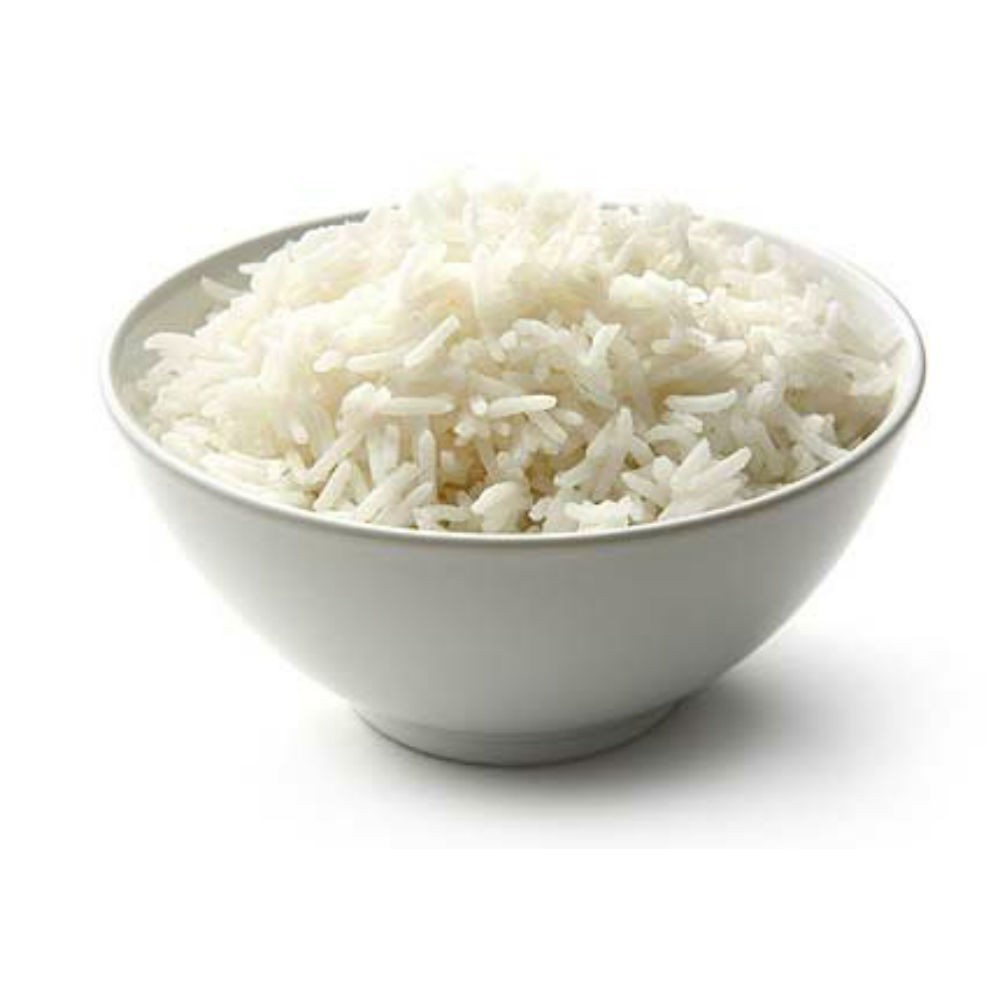
Doctors often recommend including more rice in a diet to improve digestion. Frequent use rice helps stimulate this process. The digestive system must do a minimum amount of work to help break down the carbohydrates that are present in rice. Although brown rice is considered the healthiest, White rice digested faster. The carbohydrates present in white rice are converted into sugar at an accelerated rate, hence white rice is digested fairly quickly.
Fruits
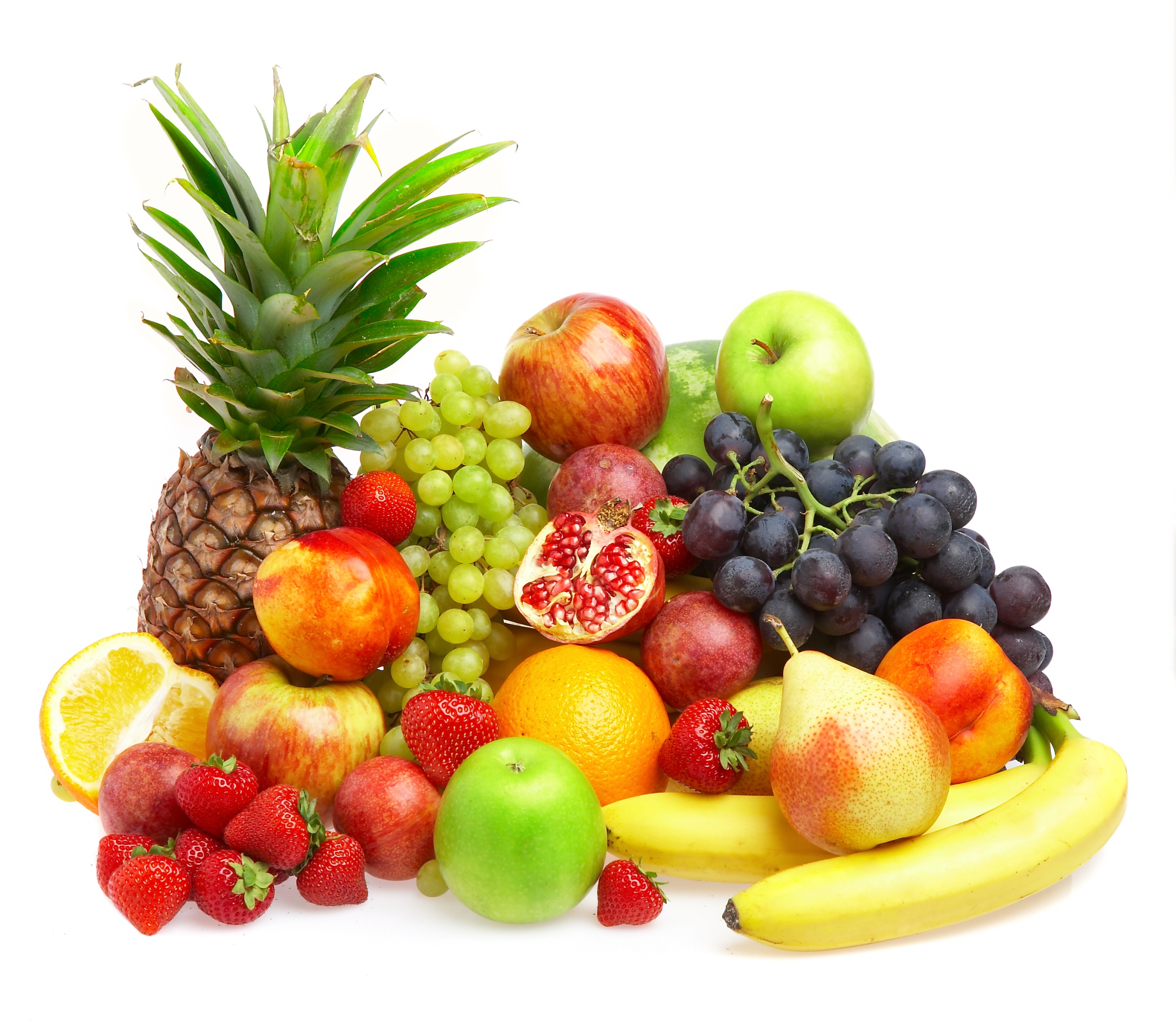
Such as papaya and require very little time to digest due to the high water content. Watermelon is considered the most quickly digestible food, the time for its digestion is about 20 minutes. Also take into account that fruits such as , peaches and contain certain enzymes that also aid digestion.
boiled chicken
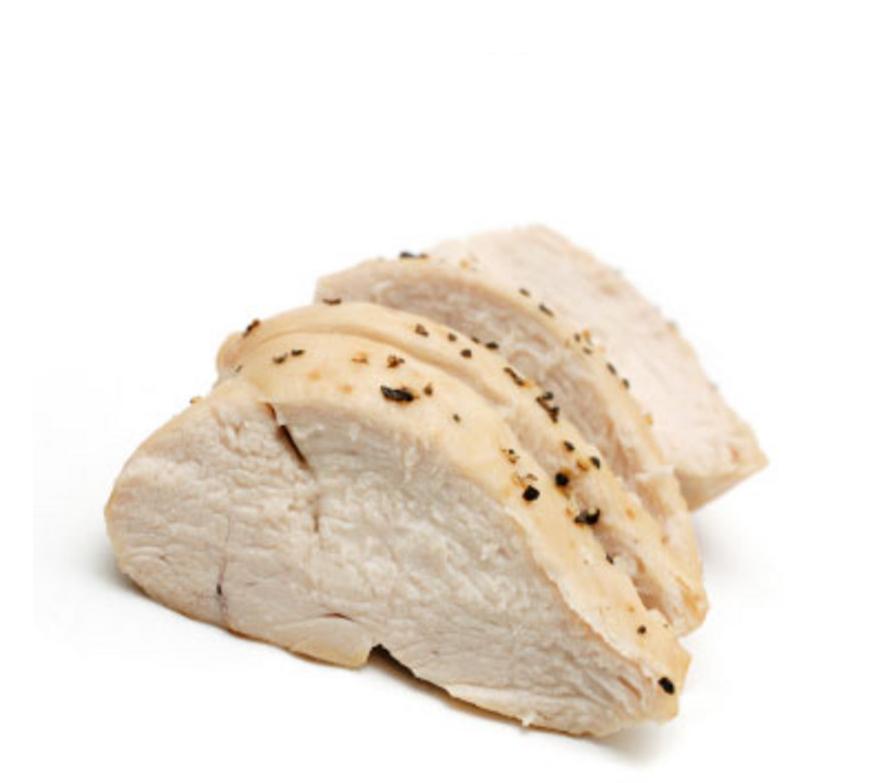
You didn't know what could be great idea offer a person with a sick stomach boiled chicken without skin. A dish consisting of low-fat chicken fillet and boiled rice does not irritate the gastrointestinal tract and does not heavily burden the digestive system, so it is very easy to digest.
oats
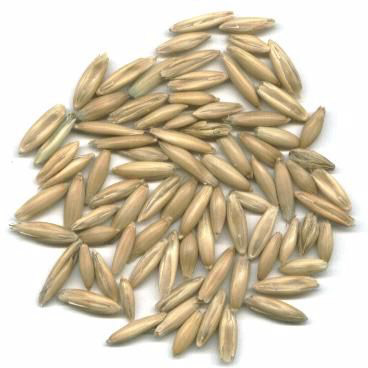
Oats are very easy to digest due to their high content of dietary fiber. People with digestive disorders are often advised to include oats in their diet. Whole-grain oat products, which include oat bran and oatmeal itself, contain both soluble and insoluble fiber to promote bowel function and support the digestive system.
Yogurt
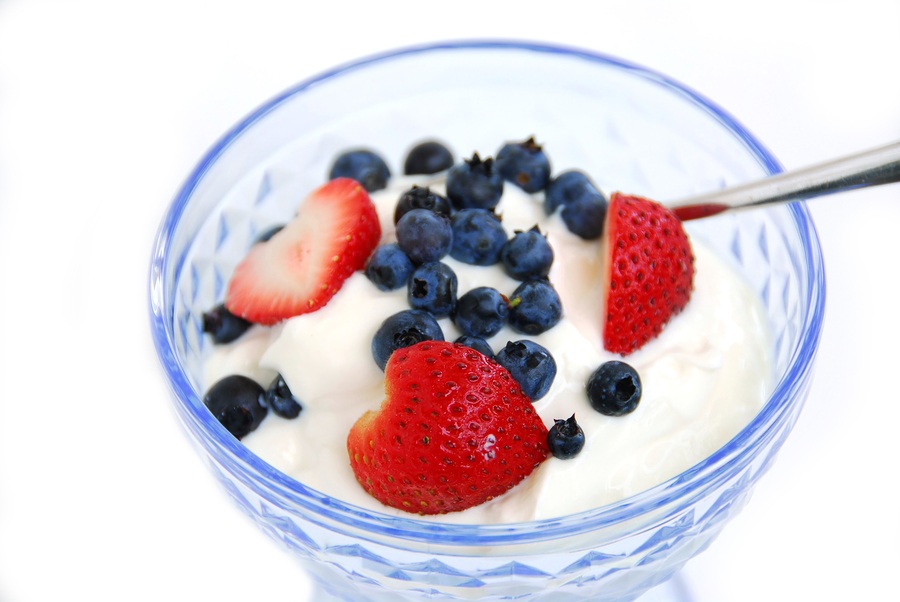
Yoghurts contain no fiber, but they are full of beneficial bacteria that help relieve stomach discomfort and bloating, often associated with digestive disorders such as irritable bowel syndrome. Billions of "friendly" bacteria in a cup of yogurt real help digestion. They limit the growth of harmful bacteria in the digestive tract, which promotes healthy digestion. The beneficial bacteria in yogurt also help improve lactose digestion in people who are lactose intolerant. It is advisable to prepare homemade fresh yogurt as it contains a large number of active bacterial cultures. Commercial brand products also contain live and active cultures, which are listed on the product label.
plain crackers
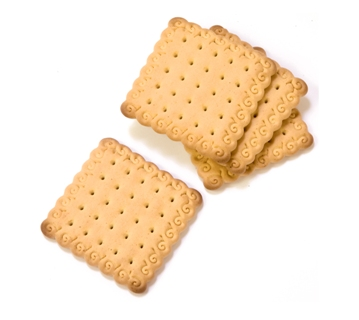
This is another food that is considered easy to digest. Plain crackers have a pleasant taste and therefore people often use them in their diet. Whole wheat and oatmeal cookies are also good for the gut and aid digestion.
Toast and scrambled eggs

A light breakfast of scrambled eggs and toast is very easy to digest. People on a non-irritating diet can also eat boiled eggs or scrambled eggs, as these are also very easy to digest. Toast, especially for people suffering from Crohn's disease, is very helpful in easing the digestive system. White toast contains mostly carbohydrates, which are easy to digest and ideal for upset stomachs. It has been observed that the body needs less time to digest toast than fresh bread. Therefore, toast for breakfast, instead of fresh bread, is the best option.
What can I do to make food digest quickly? Ways to improve digestion
Avoid or reduce water intake during meals. Excessive consumption of water in the process of eating is fraught with dilution of digestive juices, which leads to slow digestion. Lungs physical exercise, such as brisk walking after meals can also help improve digestion.
The frequency of meals is also an important factor that can help improve digestion. Most simple solution One way to prevent bowel problems is to eat five to six small meals throughout the day. People who have difficulty digesting solid foods should eat pre-shredded foods.
Few people know how to properly combine food, but this is very important for the normal functioning of the gastrointestinal tract and for good health. It is especially important to know how to properly combine food in the children's menu.
What is the principle of the correct combination of products? It is believed that if several products enter the stomach at the same time and if they are incompatible with each other, then the digestion process will proceed poorly, which will lead to contamination of the body, and in particular the intestines, with various toxins and fats. This can be explained by the fact that one effort is required for the digestion of proteins, and completely different ones for the digestion of carbohydrates.
Let's give some examples.
For example, if you eat an apple on an empty stomach, then it will be completely digested after 20 minutes, but if you eat the same apple, but after dinner, it will be poorly digested and may ferment. The same cabbage will rot in your stomach if you eat it with garlic. If you eat any porridge with meat at the same time, then it will be very difficult for the stomach to process and assimilate such a dinner, and the food will remain rotting in the intestines.
In general, it is better for a person to eat plant foods: fruits, vegetables, cereals. Our stomach perfectly perceives just such separate food. It is easily and quickly digested and well absorbed by the body. Therefore, from all this we can conclude: if you combine food correctly, you can achieve a noticeable result in the work of the stomach. Such is the rapid digestion of food, the absence of bloating, lightness and maximum absorption of nutrients in the body.
Whether such a theory about the correct combination of products is true, no one can say for one hundred percent, but if you still decide to start eating separately or just want to learn how to combine products correctly, then there are several for you important rules, which will help to successfully compose your menu.
First rule.
Meat, eggs and fish are heavy protein foods. It is difficult for our stomach to digest, and therefore it is not recommended to drink liquids and eat sugar during its use. It will be more useful to eat vegetables with animal fats. After such a meal, it is better to take a two or three hour break between the next meal. This is important for its good assimilation.
Second rule.
Vegetables, nuts, bread and pasta are complex carbohydrates and are therefore very digestible in the stomach. It is not recommended to eat sugar with them. For better absorption, you need to take a two-hour break before the next meal.
Third rule.
If you want to replenish your energy supply, then fruits are best for you. They contain enough sugar, which we sometimes need. The assimilation of fruits proceeds much faster than other products. Fruit should be eaten between large meals. You should not eat other sugar-containing foods, such as chocolate and sweets, along with them.
In addition to these three simple rules there are several principles of proper nutrition.
Since the condition and quality of blood depend on our nutrition, in order to maintain an optimal acid-base balance in the blood, 50-70 percent of the daily diet should be complex carbohydrates, that is, any vegetables, as well as bread and pasta. This is an important condition for good health and mood.
Many foods contain proteins and carbohydrates at the same time. Such foods should be eaten together, since there is no way to separate proteins from carbohydrates, but you cannot mix "pure" proteins and "pure" carbohydrates. This will bring little benefit to the body.
In order to meet all the needs of our body, you need to choose a variety of foods. With animal food we get sulfur and phosphorus. Eating vegetables - magnesium, calcium and potassium.
Sometimes we need extra energy. To do this, we should eat foods that contain sugar.
Here are some tips for eating specific foods.
Butter and sour cream should only be eaten fresh and without harmful preservatives.
Vegetable oil is better to eat unrefined, first pressing. And you need to fry food with a minimum amount of oil - overcooked oil contains a large amount of harmful carcinogens.
Sugar and other sugar-containing foods should be consumed separately from other foods. Honey is best absorbed by the body - it is a ready-to-digest product.
Bread. Bread contains a lot of starch and therefore does not combine well with animal proteins. It is more useful to eat bran bread.
Rice. Only unpeeled brown rice is considered healthy.
Potatoes should be eaten boiled and with vegetable salads.
Vegetables such as zucchini, beets, carrots, pumpkin should not be consumed with sugar - this can cause fermentation in the stomach.
Milk should be consumed separately. It interferes with the digestion of other foods. Adults should not drink more than one glass of milk a day.
Dairy products are compatible with milk. They are difficult to digest.
Eggs are poorly digested and are difficult to digest food. They are best eaten with vegetables.
Nuts are vegetable fats that are easily digested. Can be added to vegetable salads.
Melon should be eaten separately.
Do not eat fruits with meat, fish, eggs.
Try to keep the meals simple. Meals that are simple in composition are easily absorbed by our body.
Fats (sour cream, cream, butter and vegetable oil) do not eat with meat and eggs, fish and any nuts.
Do not eat jams, jams, syrups along with cereals - this causes fermentation in the intestines.
And remember, if you learn how to properly combine food, it will bring you and your body tangible benefits and always a good mood.
It would be great if you write a comment:
The food that a person eats is always incompletely digested. When it enters the stomach and intestines, it is processed with the help of the juices of the stomach, as well as the pancreas, and even the liver and intestines. Then the nutrients are absorbed through the walls of the intestine directly into the blood and lymph. Food residues (that is, undigested substances) are removed from the intestines.
The percentage of digestibility depends on many factors, including the diet, food composition, as well as the method of its culinary processing and the condition of the digestive organs. It is generally accepted that the food that is of animal origin is absorbed better than plant food.
The proteins of meat, fish, milk and eggs are digested by about 98%, and the proteins of cereals, vegetables, bread - by about 70%. If the food is mixed, digestibility is about 85%. The absorption of food is significantly influenced by the ratio in the diet of various nutrients. Proteins of fish and meat are better absorbed with vegetables. Milk is quite well absorbed in the body, especially if it is consumed together with other products. Kefir, koumiss, cottage cheese, cheese are well absorbed.
Foods that contain a lot of fat are absorbed worse. Carbohydrates in the form of honey, sugar, jam are absorbed by the body quite easily. The rate of absorption of food largely depends on how long the food is in the stomach. In a healthy stomach, food is delayed for a period of 2 to 7 hours. A number of products, such as milk, cottage cheese, pasta, white bread, fresh boiled fish, cereals, fruits, soups, are in the stomach for a short time (about 2 - 4 hours). Others (such as pork, smoked meats, canned meats, hard-boiled eggs, peas, beans are delayed until about 6-7 hours.
In many ways, digestibility is also predetermined by the diet. Observations have shown that the absorption of proteins occurs best with a diet of 4 times a day. Eating less is not recommended. Best of all, proteins are absorbed if the proteins are provided three meals a day about 60% is consumed in the morning. Switching to a different diet, for example, with three times a day for two is also accompanied by a deterioration in the absorption and subsequent use of proteins. At the same time, this will continue until the body has time to get used to the new regimen.
When the time comes for eating, the excitability in the digestive center increases, and the glands begin to secrete digestive juices by this time, after which the food begins to be processed without delay.
Appetite also plays an important role in food processing. A good appetite at the same time is able to ensure sufficient secretion of digestive juices. If there is no appetite, then in this case not enough digestive juices are secreted, and the food is not digested well enough. Keep in mind that only food that has been eaten with appetite brings benefits.
Appetite can be developed by eating foods with a high juice effect: these are meat broths, salty, sour and bitter snacks, as well as sauerkraut, vegetable dishes (borscht, cabbage soup, side dishes), fried potatoes. Also, beautifully decorated food with a pleasant smell also contributes to the excitation of appetite. The environment in which you eat is important for the absorption of food. You should not read or conduct serious negotiations while eating. Eating should be done slowly. The table must be clean. The feeling of enjoying food affects the processes of digestion and assimilation of food and the state of your nervous system.









